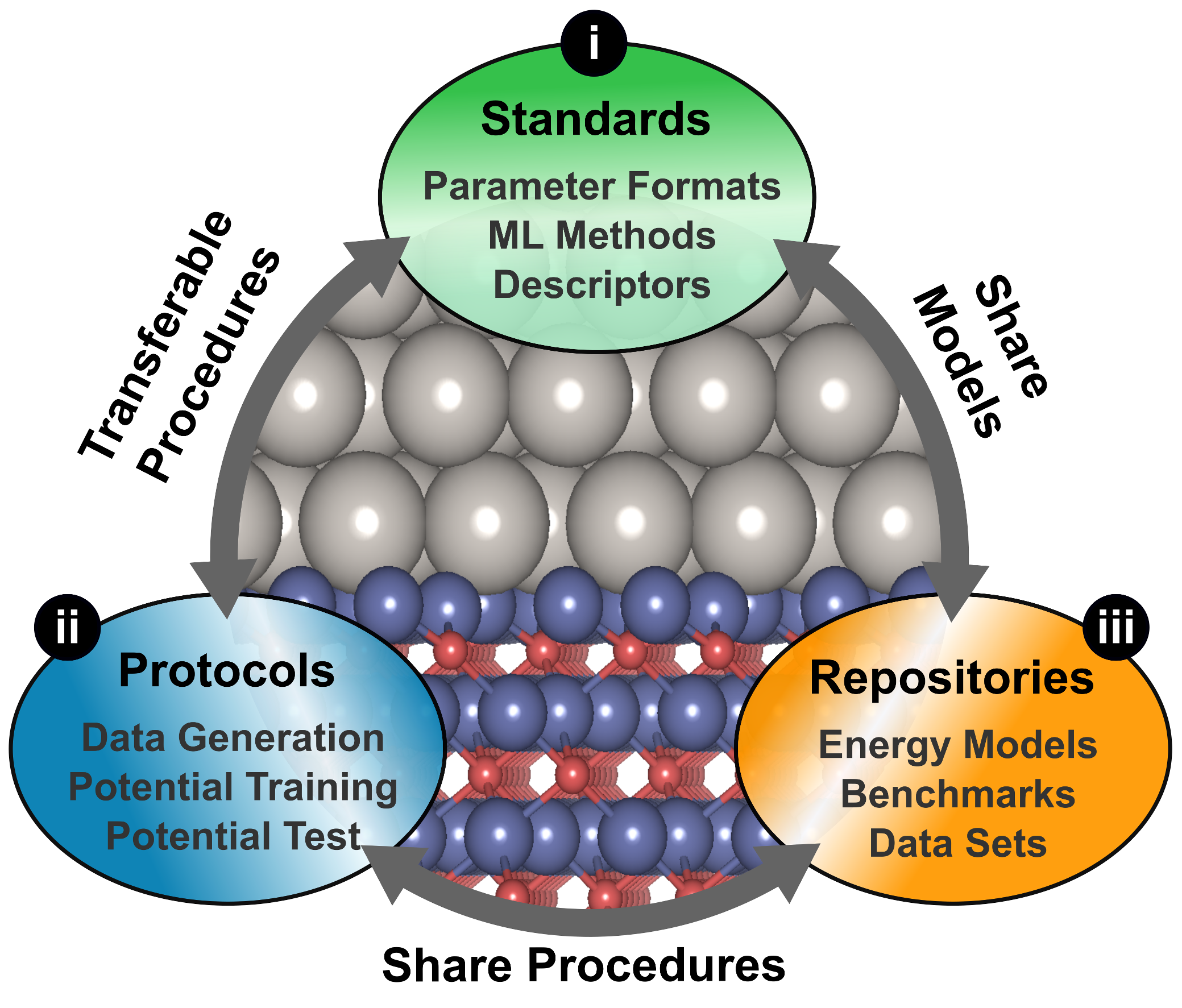Nongnuch Artrith
Assistant Professor
Materials Chemistry and Catalysis, Debye Institute For Nanomaterials Science, Utrecht University
Biography
Nong Artrith is a Tenure-Track Assistant Professor in the Materials Chemistry and Catalysis group at the Debye Institute for Nanomaterials Science , Utrecht University. Prior to joining Utrecht, Nong was a Research Scientist in the Department of Chemical Engineering at Columbia University, USA, and was also funded by the Center for Functional Nanomaterials at Brookhaven Lab. Nong is also a PI in the Columbia Center for Computational Electrochemistry .
Nong obtained her PhD in Theoretical Chemistry from Ruhr University Bochum, Germany (Prof. Jörg Behler) for the development of machine learning models for applications in chemistry and materials science. She was awarded a fellowship from Schlumberger Foundation (supporting women in STEM) for postdoctoral work at MIT with Prof. Alexie M. Kolpak, where she applied machine learning methods to understand catalyst systems. She subsequently joined Prof. Gerbrand Ceder’s group at UC Berkeley to apply machine learning models to the understanding of amorphous electrode materials for Li-ion batteries. In 2019, she has been named a Scialog Fellow for Advanced Energy Storage.
Nong is the main developer of the open-source Atomic Energy Network (ænet) , a package for the construction and application of machine learning models for materials science. Her research interests focus on the development and application of first principles and ML methods for the computational discovery of energy materials and for the interpretation of experimental observations.
